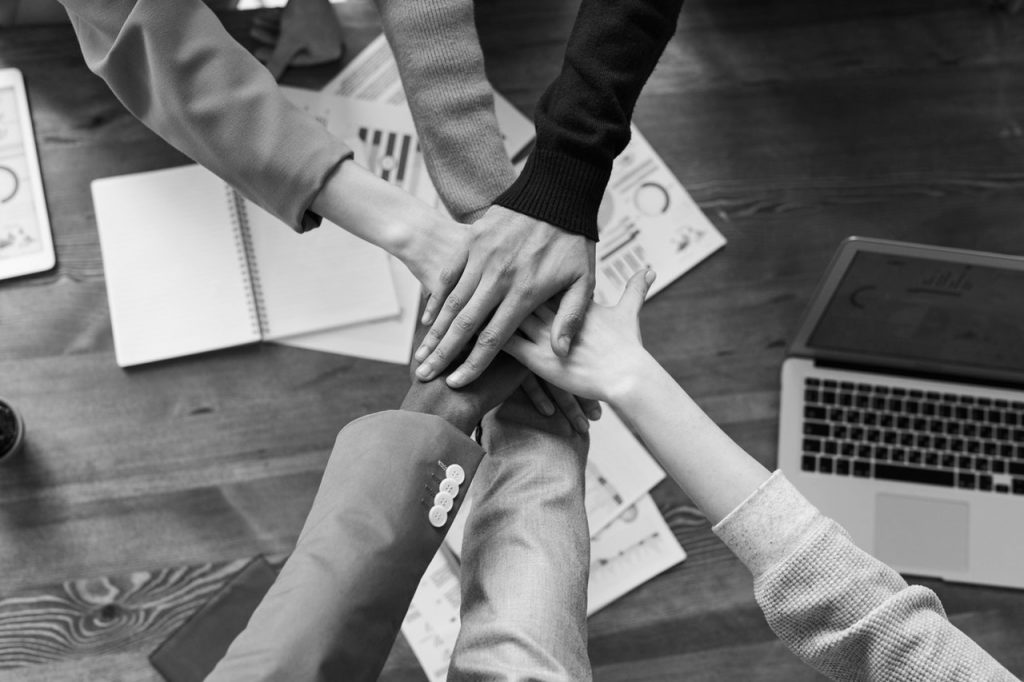In general, where there is rapid need for information, the need is greater for the verification of truthfulness and accuracy of information and pictures.
It is the duty of other journalists to detect and correct misinformation. Therefore, resist the temptation of rapid publishing, be patient and verify.
The code of conduct of the Palestinian Journalists Syndicate (PJS) stipulates the following with regard to the obligations of professional journalists towards the public:
- Pay attention to issues of public opinion interest through providing accurate and verified information and by focusing on marginalised areas and groups
- Do not publish names of victims before verifying their identities or before their families are informed
- Do not publish photos of victims in a way that hurts the feelings of their relatives or the public in general
- Respect the privacy of citizens, including legal entities, except in issues related to public opinion
- Do not disrupt the judiciary and abide by not publishing names or photos of the accused before a court judgment is issued
- Avoid defamation or incitement to violence and hatred against anyone or any party or institution on the grounds of sex, race, religion or political affiliation
- Protect children from media materials that negatively affect their psychological development
- Avoid publishing pornography, inappropriate speech or sarcasm
- Commit to the use of quotation marks when you quote someone
Reflection:
What do you think this guideline refers to with “inappropriate speech”?
Tips for reporting terrorist attacks in an ethical manner
The Organization for Security and Co-operation in Europe (OSCE) listed tips for reporting terrorist attacks in an ethical manner in their 2008 The Media Self-Regulation Guidebook.
“Acts of terror should be reported accurately and responsibly. Special care must be taken with the wording, which should avoid praise for violent acts and eliminate terms that contain emotional or value judgments. The term “terrorism” is interpreted in various, sometimes opposite ways. As the BBC lucidly puts it: ‘The word ‘terrorist’ itself can be a barrier rather than an aid to understanding. Journalists should try to avoid the term without attribution. They should let other people characterise while they report the facts.’
Detailed descriptions of what happened, avoiding terms such as “freedom warriors” or “terrorists”, increase credibility among the audience. The journalist’s goal remains the same as in reporting any story: to let readers make their own judgements.”
Reflection:
Take a look at new archives for recent terrorist attacks in your area. How did the reporters succeed in following these guidelines?
Keep Reading:
The professional position of a journalist; Ethical principles of journalism; The rights and responsibilities of a photographer
Go back to the beginning of this section.
This article was updated on January 10th 2020.




